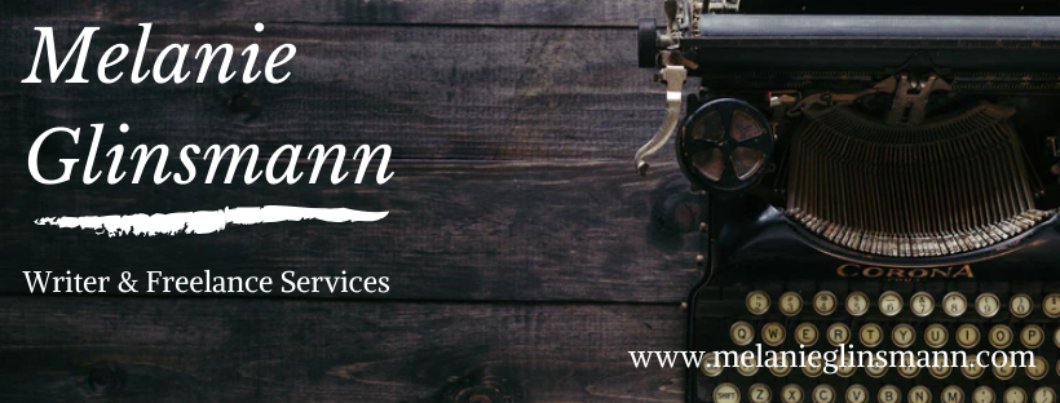
Have you ever started reading a book, and after several chapters you find yourself bored out of your mind? Or have you been excited to start the latest best-seller only to struggle to see the appeal?
I recently read a best-selling historical fiction novel that was first published about ten years ago. Without giving away the name (in case it’s one you loved), this book continues to rank highly on sales lists. And, in recent years, it even started appearing on high school class reading lists.
I wanted to love this book. It is set in a time period of American history I enjoy. And, given some recent family genealogy research, I found one line of my family tree has direct links to events within the book. More incentive to enjoy the book, right?
Where the Book Went Wrong For Me
The book began slowly with an introduction to the characters and setting. This didn’t surprise me because with historical fiction, authors have to take a little time to set the stage. But as I continued to read, I found myself wondering when something was going to happen. The first third of the book was basically all backstory. There were hints of plot points for the main story, but nothing that stood out as a significant turning point or call to action for the main character. By the time the story did start to pick up, I’d already formed an opinion about the book as a whole.
Obviously, a lot of people liked this book as it continues to sell well, and has mostly positive reader ratings. For me, however, I found it boring and lifeless. And that was all due to the boring beginning. Because the author spent so much time establishing the historical parts of the story, I didn’t have much interest in the fictional narrative.
Beginnings Are Key
The real point here isn’t about this book in particular. The point is that the beginning of a book goes a long way in determining how a reader feels about that book. And in some cases, the beginning determines whether or not a reader even finishes a book.
When you pick up a book, there’s a sense of anticipation. You want to jump in to get lost in a fun story, or learn from the author’s experiences.
But what if you’ve read 50 pages and are completely bored? As I read the above mentioned book, I thought about putting it down. While I did finish it, by the time the action picked up, the boring beginning impacted my ability to connect with characters and keep my interest in the outcome of the story.

Do You Always Finish a Book You’re Reading?
Anyone who reads regularly has had at least one book they contemplated putting down. While there are several reasons not to like a book, for many, the beginning of the book sets the tone. And if the beginning is boring or contains things a reader doesn’t like, this shapes their opinion about the rest of the book.
So, that leads to two questions: 1) Do you always finish a book you’ve started reading? 2) How do you decide whether or not to finish reading a book?
As I thought about my own responses to these questions, I decided to do ask other readers for their answers. I know many readers have no problem putting down a book if it doesn’t capture their attention right away. But, others power through to the end no matter what.

Here were some of the responses…
“The answer is D for me. If it doesn’t hold my interest in the first two chapters, I put it down. If the characters are two whinny or the grammar is poor I am not afraid to put it down. Reading is not only a passion, but a form of self care for me and anything that takes away from that passion/self care is a waste of my time.” -MC
“At my age I don’t have time to waste on books that don’t keep my interest.” -MM
“I seem to have a cliff around the 30% mark of any book I start reading. Unless it’s just awful or totally confusing, I’ll pretty much always give it about that much. If I get there and I’m not enjoying it, I have no issues with giving up on it.” -JH
Why the Beginning Matters
These responses represent the majority of what people told me. While there were a handful of people that said they usually finished a book even if they weren’t that into it, the majority indicated that they had no problem stopping if the early chapters didn’t catch their attention.
Even the most avid readers are busy. Between work, family, and school obligations, most readers have limited time to sit down to curl up with a book. As a result, if a book doesn’t hold their interest in the beginning, many readers won’t hesitate to stop reading and move on to the next book on their To Be Read list. The general attitude is that life is too short to read books you don’t enjoy.
So how do readers determine when to walk away from a book?
Some readers have a pre-determined deadline. They’ll read a set number of chapters or pages. Then, if the book hasn’t captured them, they’ll move on. Others use more of a gut feeling, in that they don’t have a specified percentage they read. But they’ll move on after a while if they don’t feel continuing is worth their time.
Bottom Line: Regardless of what system readers use to decide if they’ll give up reading a book, the beginning of a book is crucial.
Up Next
As readers, we want the beginning of a book to draw us in. Whether it’s a non-fiction leadership book or a science fiction epic saga, readers need to get an early glimpse of what to expect. If the beginning chapters are boring or don’t effectively communicate the message, many readers have no problem putting a book down and moving on.
So what does this mean for writers? In Part 2 of this discussion, I’ll look at why writing a good beginning is so important, and some ways writers can be sure to start their book with a bang.
Reignite your creativity!

Subscribe to get new content, monthly newsletter, and important updates. You'll also receive a free download - "30 Days of Creative Inspiration."

